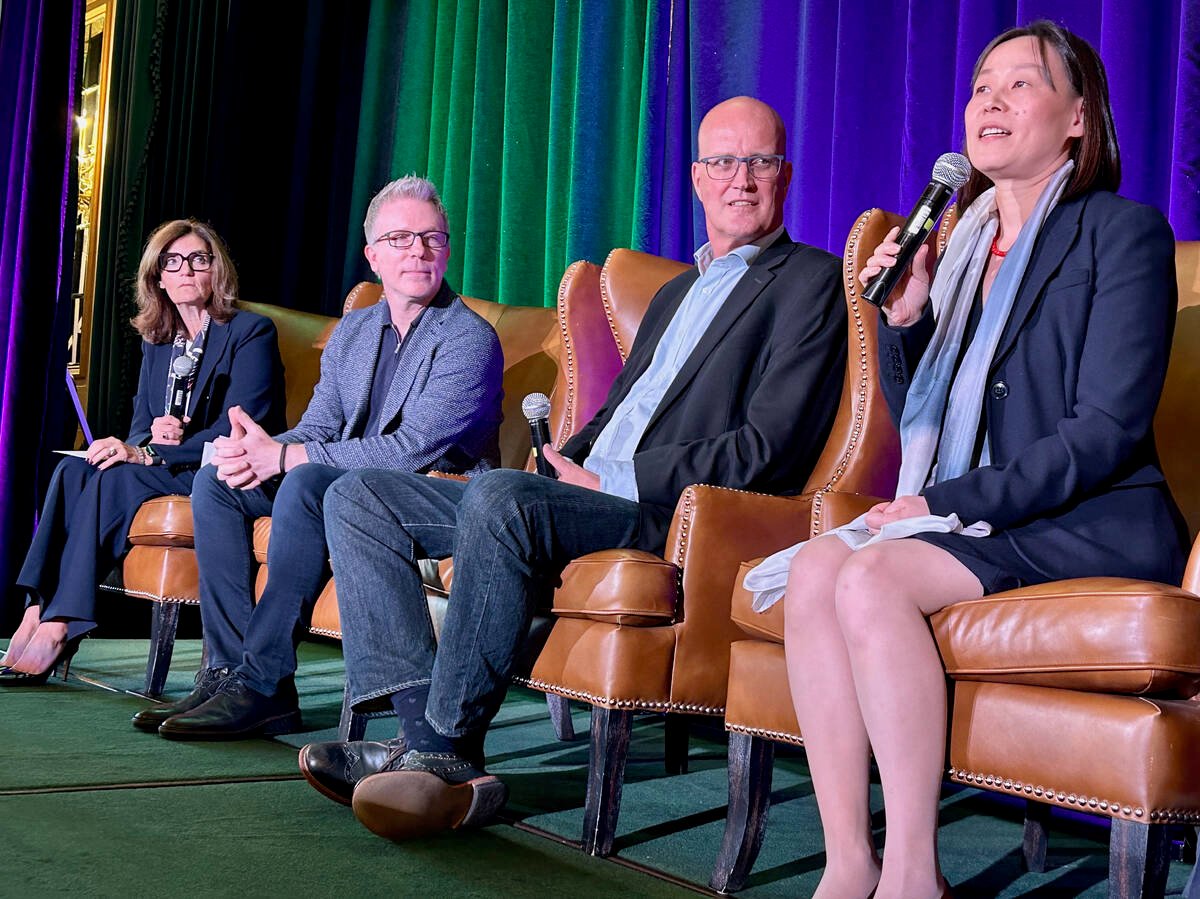A new report in British Columbia calls for reforms to increase farming in the province’s Agricultural Land Reserve.
The report, called Protection is not enough: policy precedents to increase the agricultural use of British Columbia’s farmland, was released by the Institute for Sustainable Food Systems at Kwantlen Polytechnic University.
According to the paper, about 50 percent of the land in the ALR is not used for farming. In Metro Vancouver, the number of land parcels in the ALR used for residential purposes exceeds those used for agriculture.
Read Also

New program aims to support plant-based exports to Asia
Understanding the preferences of consumers in Taiwan and how they differ from Indonesia or Malaysia isn’t easy for a small company in Saskatchewan.
“The problem we were looking at is one that everybody recognizes in B.C., the fact that agriculture land, ALR land, is generally priced way beyond that which agriculture production can support,” said Kent Mullinix, director of ISIF.
“Consequently, much of the ALR land is not used for agriculture but is being used for competing economic uses.”
He pointed to uses such as residential, industrial and land held for speculation.
“All of these things are driving up the price of agriculture land and rendering unavailable, inaccessible, for farmers and for farming. So, that’s the problem,” Mullinix said.
He said policy reform could help create the economic environment that would allow farmers to be able to buy and use more ALR land.
There were several policies presented in the paper. The policy proposals included restricting farmland ownership, designating agricultural enterprise zones near farmland and implementing a tax on conversion of agriculture land to non-agriculture uses.
Another was requiring the disclosure of beneficial ownership as well as legal ownership of farmland and make the data available.
“The legal owner of agriculture land is recorded and available to the public, not readily, but available. But beneficial ownership is absolutely not recorded and is not available to the public. So, we really don’t know who truly owns this land and who is benefitting from its purchase and sale,” said Mullinix.
The paper also recommended a number of tax reform measures so food producers directly benefit rather than the owners of the farmland.
















